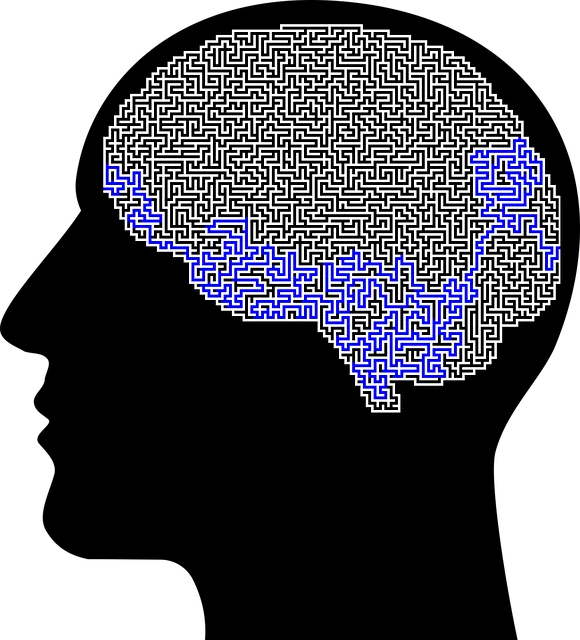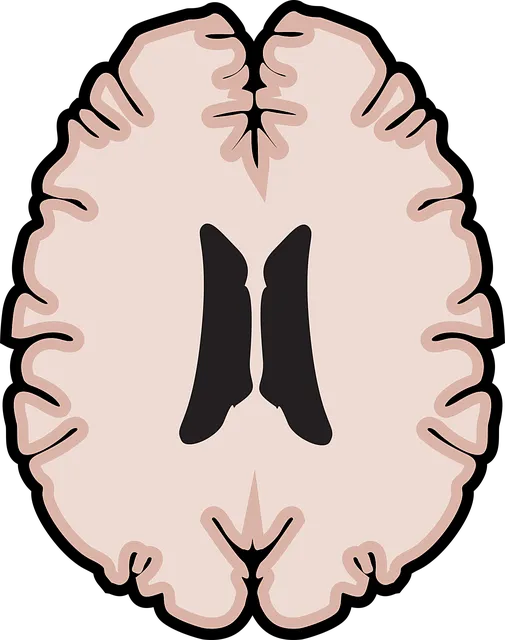The Northglenn Kaiser Permanente mental health appointment center employs a comprehensive evaluation strategy, combining traditional diagnostic tools with innovative practices like Mental Wellness Journaling Exercises and Emotional Regulation guidance. This approach, rooted in cultural sensitivity, ensures inclusive and effective assessments through both quantitative surveys (tracking symptoms) and qualitative methods (interviews, client feedback). By integrating these data types, the center gains a nuanced view of wellness programs' impact, facilitating continuous improvement and personalized care tailored to individual needs, such as anxiety, depression, or trauma.
Mental wellness program evaluation is a multifaceted process crucial for understanding and enhancing services at healthcare organizations like Northglenn Kaiser Permanente. This article explores various methods employed by the Northglenn Kaiser Permanente Mental Health Appointment Center, highlighting assessment tools, qualitative evaluations, quantitative data analysis, and continuous improvement strategies. By delving into these approaches, we uncover best practices that drive program excellence and improve client outcomes at this leading healthcare facility.
- Assessment Tools for Mental Wellness Programs at Northglenn Kaiser Permanente
- – Overview of common assessment methods
- – Strengths and limitations of various tools (e.g., questionnaires, clinical interviews)
- – Best practices for utilizing assessments in program evaluation
Assessment Tools for Mental Wellness Programs at Northglenn Kaiser Permanente

Northglenn Kaiser Permanente’s mental health appointment center employs a multifaceted approach to evaluate its wellness programs, utilizing a range of assessment tools tailored to meet diverse individual needs. These methods extend beyond traditional diagnostic questionnaires to include innovative practices like Mental Wellness Journaling Exercises and guidance on Emotional Regulation techniques. By fostering an environment that integrates Cultural Sensitivity in Mental Healthcare Practice, the center ensures evaluations are inclusive and effective.
The center’s evaluation process captures not only symptoms but also the holistic progress of participants. This involves qualitative assessments, such as one-on-one interviews and client feedback sessions, alongside quantitative measures like pre-post program surveys. Such a comprehensive strategy allows for a nuanced understanding of the impact of their mental wellness initiatives, enabling continuous improvement and personalization in care delivery at Northglenn Kaiser Permanente.
– Overview of common assessment methods

At the Northglenn Kaiser Permanente mental health appointment center, evaluating the effectiveness of wellness programs is paramount to ensuring optimal patient care and outcomes. Common assessment methods include structured interviews, self-report questionnaires, and observational scales, which help capture detailed information about patients’ mental health status, symptoms, and functional abilities. These tools allow healthcare professionals to assess changes over time, track progress, and make data-driven adjustments to treatment plans.
One effective approach is focusing on Inner Strength Development, where programs aim to enhance individuals’ coping mechanisms, resilience, and emotional Regulation. Stress Reduction Methods are also integrated into these evaluations, assessing the success of techniques such as mindfulness, meditation, or cognitive behavioral therapy in mitigating stress levels. By combining quantitative and qualitative data, the Northglenn Kaiser Permanente center can offer personalized care, targeting specific areas like anxiety, depression, or trauma, and promoting holistic mental wellness.
– Strengths and limitations of various tools (e.g., questionnaires, clinical interviews)

Evaluating mental wellness programs at Northglenn Kaiser Permanente mental health appointment center involves a delicate balance between quantifiable data and qualitative insights. Questionnaires, a common tool, offer structured measurement of symptoms, participant satisfaction, and treatment outcomes, enabling easy comparison across different interventions. However, they may struggle to capture nuanced emotional experiences or the complex interplay of psychological factors.
Clinical interviews, while providing rich context and depth, rely heavily on the interviewer’s skills and biases. They are time-consuming and may introduce potential for subjectivity in interpretation. Combining both approaches—using questionnaires for broad trends and clinical interviews for detailed exploration—can offer a more comprehensive evaluation, informing the refinement of mindfulness meditation and emotional healing processes aimed at promoting emotional well-being through effective mental wellness program design and implementation at Northglenn Kaiser Permanente.
– Best practices for utilizing assessments in program evaluation

When evaluating mental wellness programs, such as those offered at Northglenn Kaiser Permanente mental health appointment center, assessments play a pivotal role in measuring success and identifying areas for improvement. Best practices dictate a multi-faceted approach, combining quantitative data with qualitative insights. Pre- and post-program surveys are essential tools to gauge participant satisfaction and track changes in mental health metrics. These can be tailored to capture specific aspects of the program, like the effectiveness of Inner Strength Development exercises or Stress Management Workshops Organization techniques.
Additionally, one-on-one interviews and focus groups provide deeper, narrative-driven insights into participants’ experiences with Self-Awareness Exercises and other interventions. By employing these diverse assessment methods, evaluators can paint a comprehensive picture of program impact, ensuring that improvements are based on both objective data and rich, subjective feedback from the very individuals who benefit from them.
Evaluating mental wellness programs is paramount for ensuring their effectiveness and impact at Northglenn Kaiser Permanente mental health appointment centers. By employing a combination of assessment tools, including questionnaires tailored to specific populations and clinical interviews that delve into individual experiences, evaluators can gain a holistic understanding of program outcomes. Best practices involve regular data collection over time, integrating participant feedback, and using mixed-methods approaches to capture both quantitative and qualitative insights. This comprehensive evaluation strategy allows for informed decision-making, continuous improvement, and ultimately, enhanced mental health support for the community.






